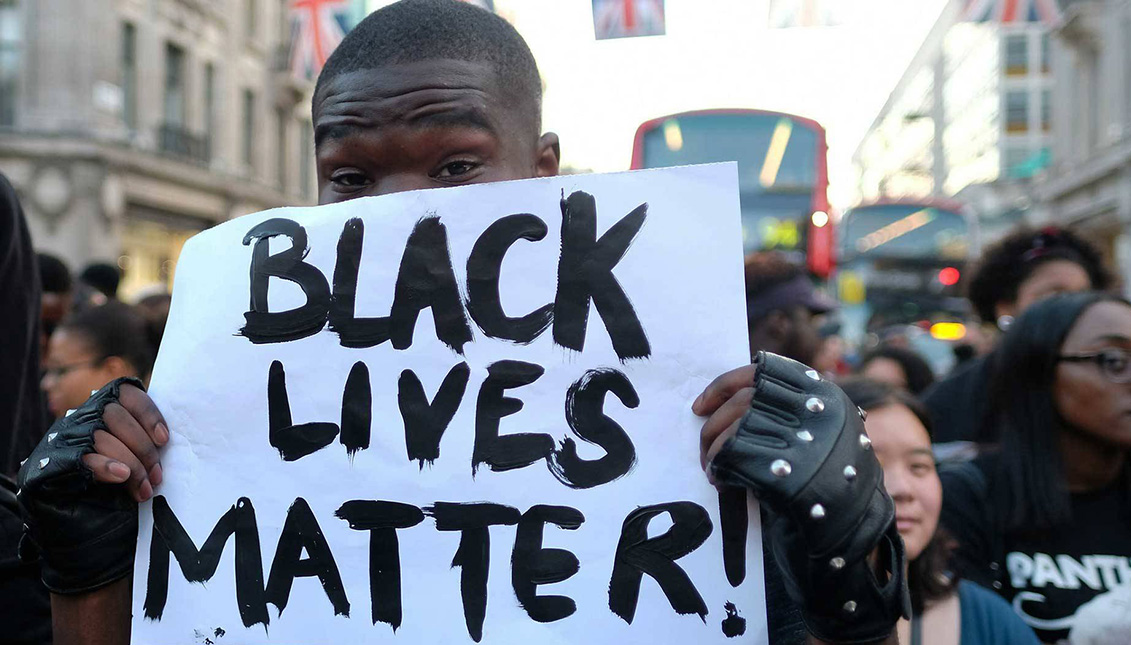
129 measures to end racism in the United States
Check out some of the barbarities citizens have chosen to correct in the 2020 elections and begin with a linguistic change.
The legacy of the Black Lives Matter movement and the social struggles of recent years were on stage in these elections not only in the form of candidate representation but also, specifically, through 129 ballot choices that will help define the future of the nation. Several of them are related to racism.
Some of the measures that have also advanced are related to the use of therapeutic and recreational drugs, to the re-introduction of the gray wolf in Colorado, or police reform. This has been a year of profoundly social proposals — up to 43 of them are based on the citizens' initiative — which will have to be articulated in the form of legal reforms, constitutional amendments, or future referendums.
Alabama has approved five of six ballot measures, trying to leave behind a certain Southern bias. The only ballot that failed was one that sought to change "all citizens" to "only citizens" to leave the undocumented behind. Those that prospered involved linguistic modifications to improve certain constitutional expressions praised by white supremacists that no longer had a place in today's society.
RELATED CONTENT
Nebraska and Utah passed similar language reform measures, with 68% and 81% in support, eliminating references to slavery and replacing gender language, such as converting "all men" to "all people." It's an identical movement to that of Rhode Island, which will erase the reference to cotton plantations from its official name that still dates from the time of the colony and its foundation in 1643.
A third of the proposals in Mississippi involved changing the Confederate flag with 71% of the votes in favor, despite the fact that in 2001 the same measure failed with 64% of the votes against. Another important anti-racist measure in Mississippi that has prospered with 78% support has been the suppression of the 1890 electoral rule that limited the promotion of Black people to governors.
Some of these have taken up to four centuries to change, others have been insufficient and some have passed with a small margin of support that exemplifies the polarization but, be that as it may, it seems that at least for the time being the breath of the social struggles can be felt at the polls and over legislators.










LEAVE A COMMENT: